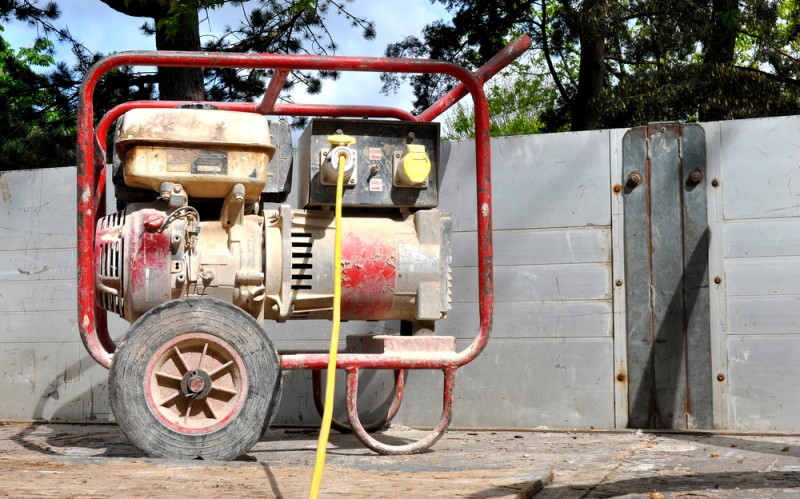
I partnered with Patriot Electric on this sponsored post. All opinions are my own.

Do you live in an area with constant periods of power outages? Can your business no longer suffer from being constantly threatened by these unfortunate events? Are you just tired of not being able to rely on your local electric company to provide enough stable power for your home or your office? Well, there is a light at the end of the tunnel after all, and that light is provided by none other than a portable generator.
If you go for that kind of generator there are a few questions you need to answer, apart from the price or brand, if you don’t want to make a mistake. As with any other item on the market, choices are plentiful and acquiring just the right generator for the space you are trying to cover can be a real pain. In the text below you will find some useful questions you need to answer to be able to determine just what type of generator you need:
How much power do you need?
The main question you need to answer here is what exactly you want to keep running during an outage. Do you need to cover the whole building or just emergency loads? There are a few other things you need to consider when making this decision. If you cover the entire building you need to think about things like amperage of your electrical service or demands during peak months of usage. If you decide you need to cover emergency loads only, you need to determine electricity circuits, this might require splitting emergency circuits from the main panel into a separate panel. You can get help from a licensed electrician like Patriot Electric to do this.
Type of Fuel
Types of common fuels you can use are diesel, natural gas or propane. You can also use gasoline but it is not considered as a good choice since it is characterized by a pretty short-lived stability. Type of fuel you can use also depends on availability in your area as well as the cost.
Where to place the generator?
You can choose to place it indoors or outdoors. Generally, you need to make sure it is accessible for maintenance and repairs and also high enough from the ground to avoid any possible contact with water. If you choose the outdoor option you need to ensure at least some distance from flammable walls and cavities.
If you place it outside you also need to consider if there is some noise ordinance in your area. In that case, you need to choose a proper casing to meet those requirements for the level of noise, and you should also pay heed to weather conditions and adjust accordingly.
Similarly, an indoor generator needs to be away from flammable objects, but also ventilation and fuel inlets. Either option still requires the generator to be placed closer to the fuel supply.
What kind of transfer switch do you need?
Transfer switches are usually automated, but you can also choose to go for a manual one, although you won’t be saving much money doing so. The rate of amperage and place where it would be installed also depend on the choices mentioned earlier in the text (the whole building or emergency loads) and should be determined by a professional.
Are any additional accessories needed?
There are a few options you can consider for residential or light commercial use like annunciator panel which is located inside the building and informs the user about the status of the generator. You can also use cold weather kits or remote monitoring.
Equipment maintenance?
This very important aspect everyone usually, but unintentionally, neglects. Especially if there was a long period of stable electricity flow between outages. It is crucial for your generator to be up and running when you need it most, and regular maintenance is just the right medicine. You can either choose to do it yourself or schedule routine generator maintenance, but regular maintenance is something you cannot afford to be cheap on.
Contact Patriot Electric & Generator Service at
400 NY-17M suite #4, Monroe, NY 10950, USA
845 – 576 – 6700


Hi there! I am Emily Evert, the owner of Emily Reviews. I am 28 and live in a small town in Michigan with my boyfriend Ryan and our two pugs. I have a large family and I adore my nieces and nephews. I love reading memoirs, and learning about child development and psychology. I love watching The Game of Thrones, Teen Mom, Sister Wives and Veep. I like listening to Jason Isbell, John Prine, and other alt-country or Americana music. I created Emily Reviews as a creative outlet to share my life and the products that I love with others.
This post currently has 14 responses.
-
I would keep my portable generator sparklingly clean and free of dust and dirt! Those things are the enemies of electronics! Plus, it makes your home look so much more bright and cheerful!
-
Installing a Generac generator is easily one of the best decisions I made for my family. Not only because of Hurricane Prone South Louisiana. But the many inconvenient power outages that occur on good weather days.
-
Definitely some good advice and i’d say the regular maintenance is one of the most important…you go to all that work to research and earn the money to buy one and then risk it not working right when you need it. Very important to check it out periodically
-
I can see the need for these in some cases. I’ve lived in my house for 30 years and have had maybe one or two outages that lasted more than a few hours.
-
Great info ! Hubby is a reired carpenter and would use a generator on jobs. You made some excellent points on noise, on fuel and on how much power do you need. I do hope people just dont buy one and forget it. All those fuels do go bad after sitting and you do need maintenance. I have seen quite a few generators sitting broken because people didnt think about the things you mentioned.
-
This is a really informative article! I live down in Florida and most homes have a generator, due to power outages from storms. We are in the market for a generator and you have helped with that process.
-
This is really good. We need a generator. We live where the aftermath of a hurricane can cause our power to go out. I will have my husband read this article.
-
These are great tips! We’ve been considering purchasing a generator after the last hurricane season. Hurricane Irma really caused damage to our home and we were without power and water for awhile. It wasn’t easy with two young children.
-
I have thought of a generator for our house to power the fridge and freezer during summer months, just in case. We often have a 1/4 of a cow in the freezer and the cost to replace is substantial.
-
I often think about this in the winter months when I see people post about power outages in the winter. Its -35C here right now, the generator would need to be outside because of ventalation but how does one connect your furnace to this? This is what confuses me. The furnace is natural gas which doesnt go off when the power does, just the fan goes off, so do you just have it for the furnace fan? SO confusing when you don’t know this stuff. I can’t imagine my pipes all freezing or going without power for as long as some places are right now
-
I have thought about buying one for emergencies because of the amount of food we have in a chest freezer if something happened. This is a great post that explains a lot!
-
Such an important item to have in case of an emergency!! I honestly never knew there were SO many things to go over before purchasing one!! Super good to know! We don’t live in an area where a whole lot of disaster like things happen naturally but I always like to be prepared!!
-
Follow all the directions on your generator to the T. So many people die every year from poisoning related to a generator
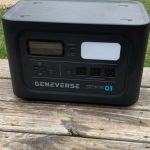
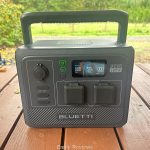
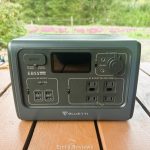
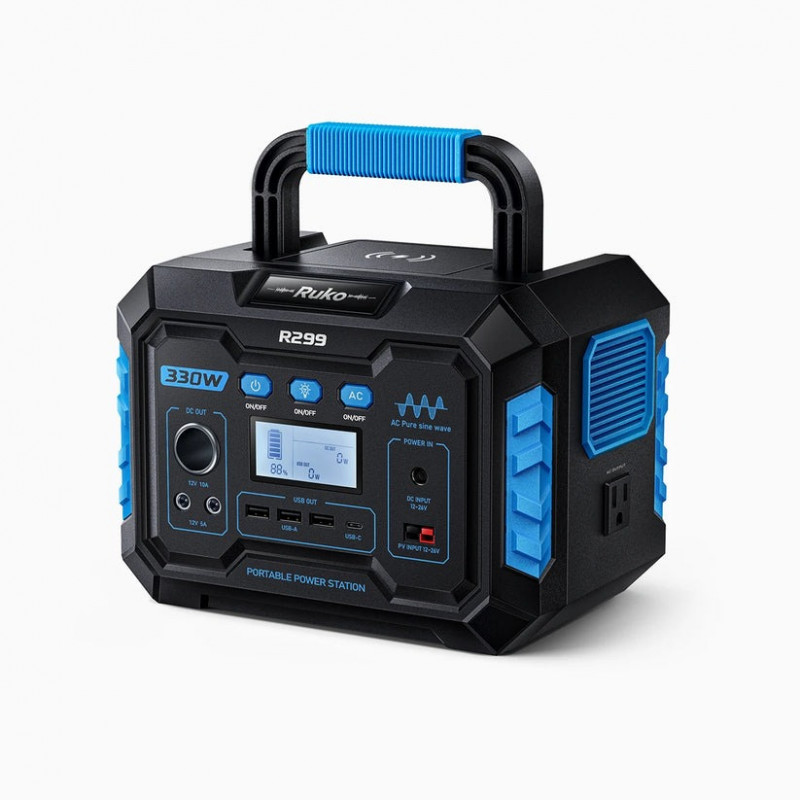
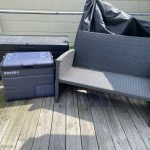








This is a very informative post, thank you so much for sharing!! I have never had to use a generator, but have family up North that relies on one often in the cold winters.